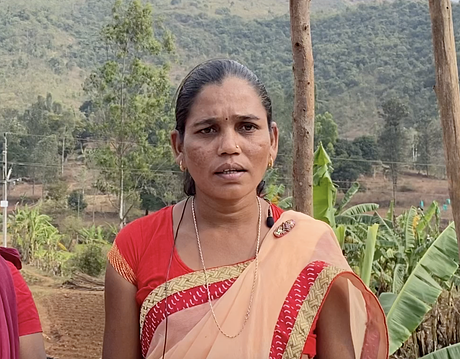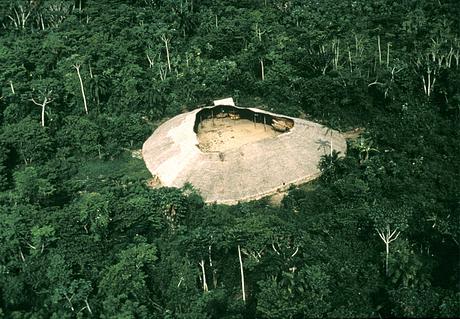UN experts slam Modi’s government for incarceration of Indigenous rights defender
June 16, 2021
 © Survival
© SurvivalThis page was last updated in 2021 and may contain language which is now outdated.
A group of seven UN experts* have written to the government of Indian Prime Minister, Narenda Modi, to raise the case of Hidme Markam, an Adivasi (Indigenous) woman who was bundled away by police at an International Women’s Day event and has been held in custody ever since.
Ms Markam and hundreds of women in central India’s Bastar region were commemorating the death of two Adivasi women who were victims of sexual assault by security forces. One, a sixteen-year-old girl, had taken her own life after being raped. The women were rallying against the extrajudicial killings, sexual abuse, and arrests that have become daily realities for many Adivasi people – especially women.
In April, the seven UN experts wrote to the Indian government to highlight Ms Markam’s case and the Modi government’s “misuse of the counter-terrorism legislation to criminalize human rights defenders and conflate their legitimate peaceful work with terrorism”. They received no answer so went public with their letter this week.
Bhupesh Baghel, the Chief Minister of Chhattisgarh state, where Ms Markam was arrested, has promised to address the filing of false cases against Adivasis. This month, charges against 726 people were dropped. But Ms Markam and thousands of other Adivasi land defenders remain imprisoned under draconian laws aimed at suppressing dissent. Violent abuses of Adivasis by the authorities and law enforcement continue: on May 17 police fired at a crowd. Four people died.
As the Adivasi poet, Jacinta Kerketta said, “Hidme’s arrest and the manner in which it was done reiterates for us Adivasis that governments cannot tolerate anyone among us who speak up against the takeover of our resources.”
Shortly before her arrest, Hidme Markam said, “We can no longer go to the forests freely to gather forest produce, or farm on our lands where [paramilitary] camps have come up. No matter which party is in power, they support big companies and do not care for us common Adivasis. Villagers who protest against the government handing over these lands to corporations are being jailed. We have lost faith in the government but will continue to fight to save our sacred lands and our forests.”
Sophie Grig, Senior Research and Advocacy Officer, said today: “Modi’s India is a dangerous place to stand up for your human rights, to seek to protect your land, or simply to be an Adivasi person – even in states where his party is not in power. The international community must join the UN experts in speaking out against these abuses and demand that the persecution of Adivasis like Hidme Markam, and the destruction of their sacred land, must stop.”
Notes to Editors:
*The seven UN experts are:
Mary Lawlor – Special Rapporteur on the situation of human rights defenders
Elina Steinerte – Vice-Chair of the Working Group on Arbitrary Detention
Irene Khan – Special Rapporteur on the promotion and protection of the right of freedom of opinion and expression
Clement Nyaletsossi Voule – Special Rapporteur on the rights to freedom of peaceful assembly and of association
Fionnuala Ní Aoláin – Special Rapporteur on the promotion and protection of human rights and fundamental freedoms while countering terrorism
Dubravka Šimonovic – Special Rapporteur on violence against women, its causes and consequences
Elizabeth Broderick – Chair-Rapporteur of the Working Group on discrimination against women and girls


